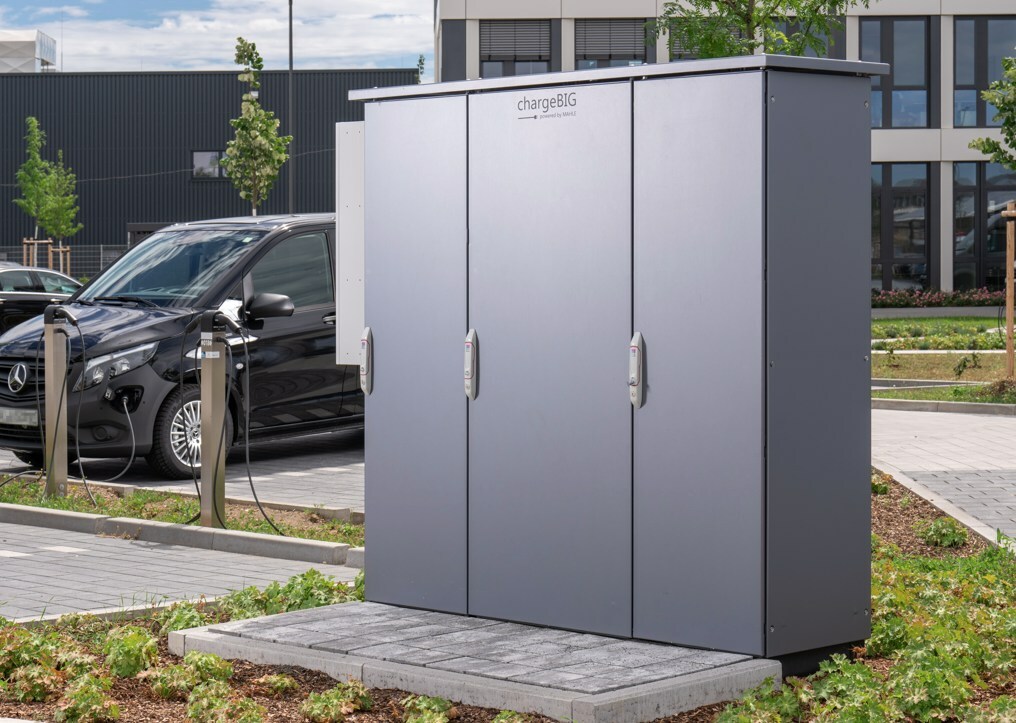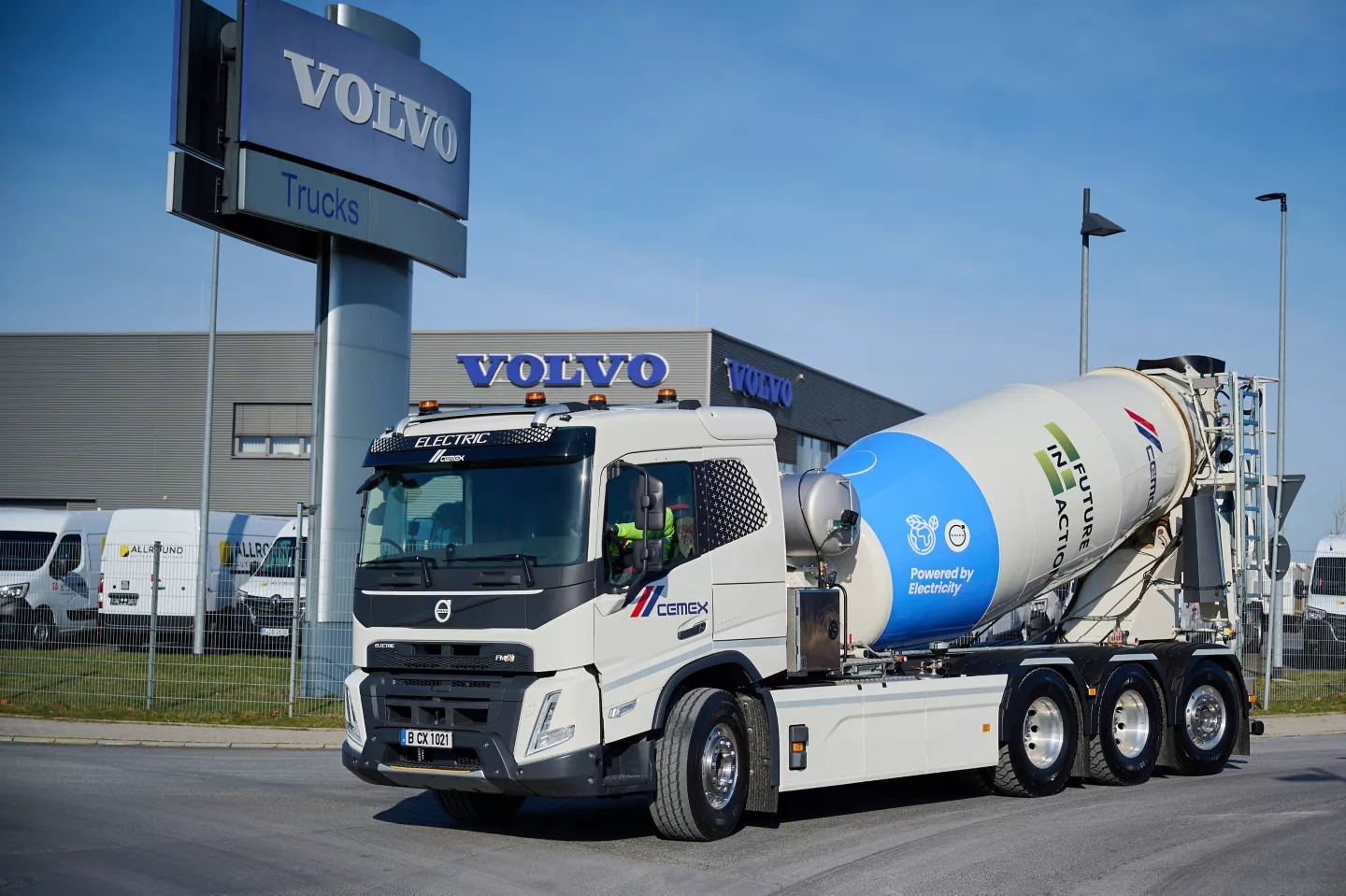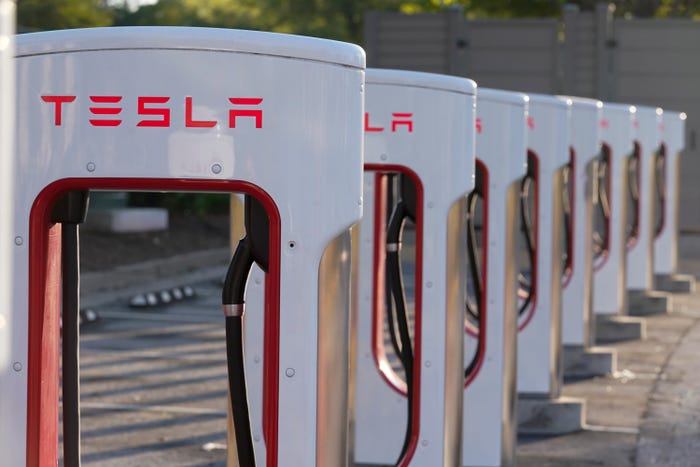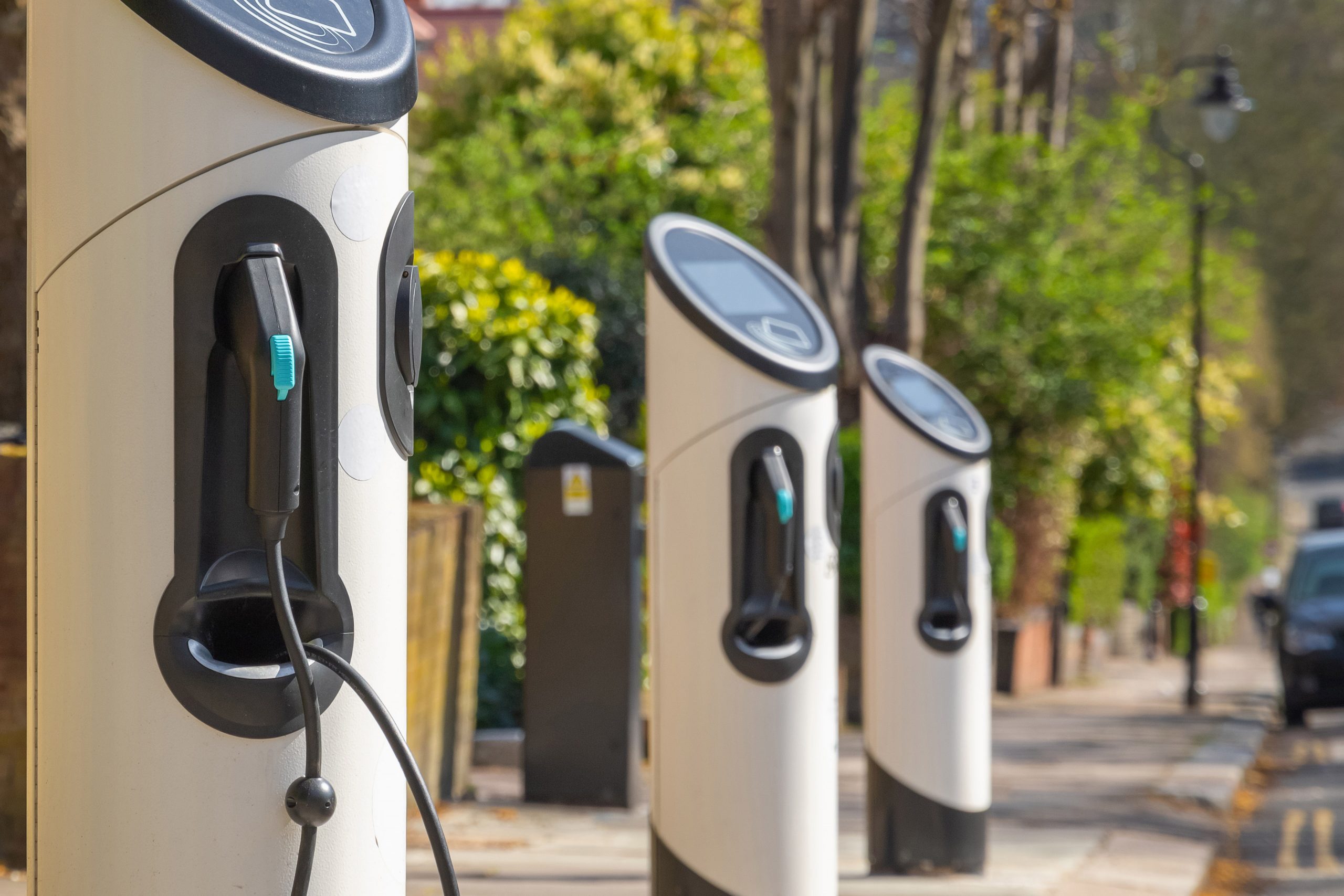Contargo, a German logistics firm, is taking a significant step in the transition to electric vehicles. The company is planning to establish the largest private charging network for heavy electric trucks in Germany. This year, 33 fast chargers will be installed at 14 locations across the country. The charging infrastructure provider, SBRS, will be Contargo’s technology partner in this endeavor.
The chargers, with a capacity of 250 kW each, will be placed at the company’s premises in Duisburg, Voerde-Emmelsum, Emmerich, Frankfurt-Ost, Industriepark Frankfurt-Höchst, Gustavsburg, Hamburg, Karlsruhe, Koblenz, Ludwigshafen, Mannheim, Neuss, Weil am Rhein, and Wörth. The exact distribution of the charging infrastructure among these locations has not been disclosed by the partners.
See also: SK On raises $1.51 billion from private equity firms to expand EV batteries production abroad
Contargo’s move towards electric vehicles is in line with the company’s mission to reduce its carbon footprint and support sustainable transportation. This plan comes after the German government approved funding for 28 battery-powered 44-tonne trucks and the corresponding charging infrastructure in June 2022. The trucks have already been ordered and will be gradually delivered to Contargo and its customers in 2023. The manufacturer of these vehicles has not been revealed by the company.
Founded in 2004, Contargo brings together several Rhenus subsidiaries in the field of container hinterland logistics. The company positions itself as a trimodal service provider, offering container logistics by road, rail, and water. The private charging network will allow Contargo to increase its electric truck fleet from 7 to 33 in the near future.
See also: LG Energy Solutions and Honda Establish Joint Venture for EV Battery Production
This move by Contargo is the largest single order for private charging infrastructure in Germany to date in the trucking sector. The partnership between Contargo and SBRS, now a subsidiary of Shell, will contribute to the growth of sustainable transportation in the country.







